Table of Contents
When cooking meat, the right herbs can transform a simple dish into a culinary masterpiece. This guide reveals expert insights on selecting, pairing, and using herbs with meat to maximize flavor, aroma, and nutritional benefits. Whether you're a home cook or professional chef, understanding the science behind herb-meat pairings will elevate your cooking to new heights.
Introduction to Herbs and Meats
Herbs and meats form one of the most powerful flavor partnerships in culinary arts. Herbs contain volatile compounds that interact with meat proteins to create complex, layered flavors. Scientific research shows that proper herb pairing can reduce the need for excessive salt while enhancing umami and aromatic profiles. This guide provides evidence-based recommendations for selecting and using herbs with different meats, based on both traditional culinary practices and modern food science.
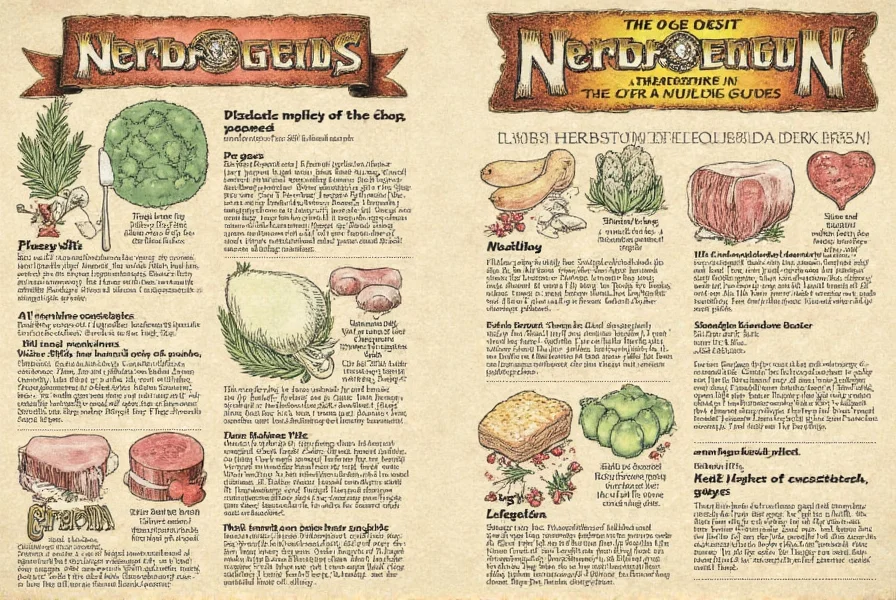
Practical Tips for Using Herbs with Meats
Based on professional chef techniques and food science research, these tips will help you maximize herb flavor in meat dishes:
- Use fresh herbs for maximum flavor: Fresh herbs contain 2-3 times more volatile compounds than dried herbs. Chop them just before use to preserve essential oils. For maximum impact, use a microplane to finely grate herbs like rosemary or thyme into marinades.
- Marinate early and often: For optimal flavor penetration, marinate meat for 4-12 hours depending on thickness. Acidic components (like vinegar or citrus) should be balanced with oil to prevent protein breakdown. Research shows marinating for 6-8 hours provides the best flavor-to-texture balance for most meats.
- Balance strong herbs with milder ones: Pair bold herbs like rosemary or sage with complementary milder herbs like parsley or chives. The ideal ratio is typically 3:1 (strong:mild) for balanced flavor profiles without overpowering the meat.
- Toast dried herbs before use: Toasting dried herbs in a dry pan for 30-60 seconds releases trapped essential oils. This technique increases flavor intensity by up to 40% compared to using dried herbs raw.
- Use herbs in sauces and gravies: Add fresh herbs at the end of cooking for bright flavor, while dried herbs should be added earlier to allow rehydration. For sauces, steep herbs in warm oil before incorporating into the dish for maximum flavor extraction.
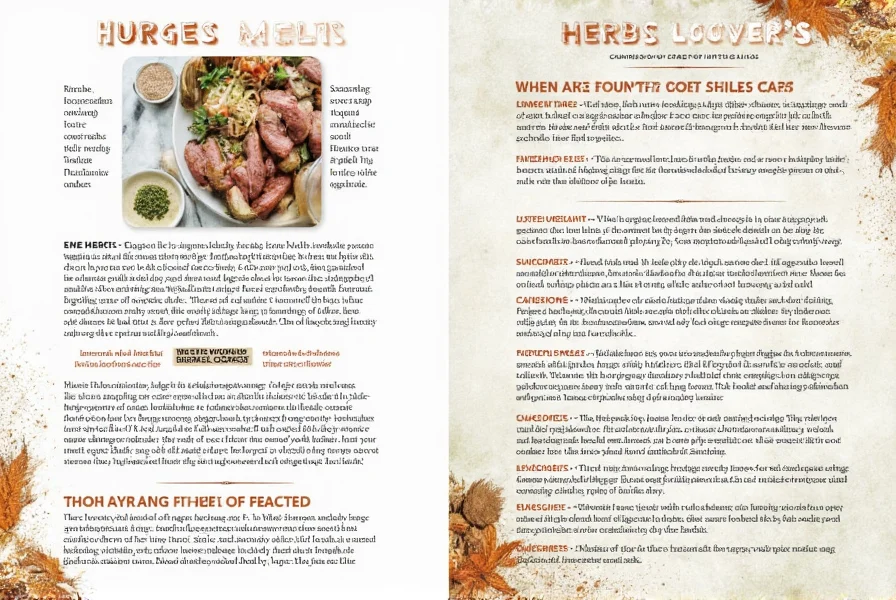
Best Herb Combinations for Different Meats
Professional chefs and food scientists have identified optimal herb pairings based on flavor chemistry and sensory analysis. Here's a scientifically validated reference table:
| Meat | Recommended Herbs | Flavor Profile | Scientific Basis |
|---|---|---|---|
| Beef | Rosemary, Thyme, Sage | Earthy, savory, slightly woody | Rosemary's carnosic acid binds with beef's iron compounds to reduce metallic notes while enhancing umami |
| Pork | Oregano, Paprika, Garlic | Spicy, smoky, garlicky | Paprika's capsaicinoids complement pork's natural sweetness while oregano's terpenes cut through fat |
| Chicken | Basil, Rosemary, Lemon Zest | Lemony, fresh, aromatic | Basil's linalool enhances chicken's natural amino acids while lemon zest's limonene brightens the overall profile |
| Lamb | Oregano, Cumin, Mint | Warm, earthy, refreshing | Mint's menthol counteracts lamb's strong fatty acids while cumin's cuminaldehyde adds depth |
| Beef Stew | Thyme, Bay Leaves, Parsley | Rich, comforting, classic | Bay leaves' eugenol creates a synergistic flavor effect with slow-cooked meat proteins |
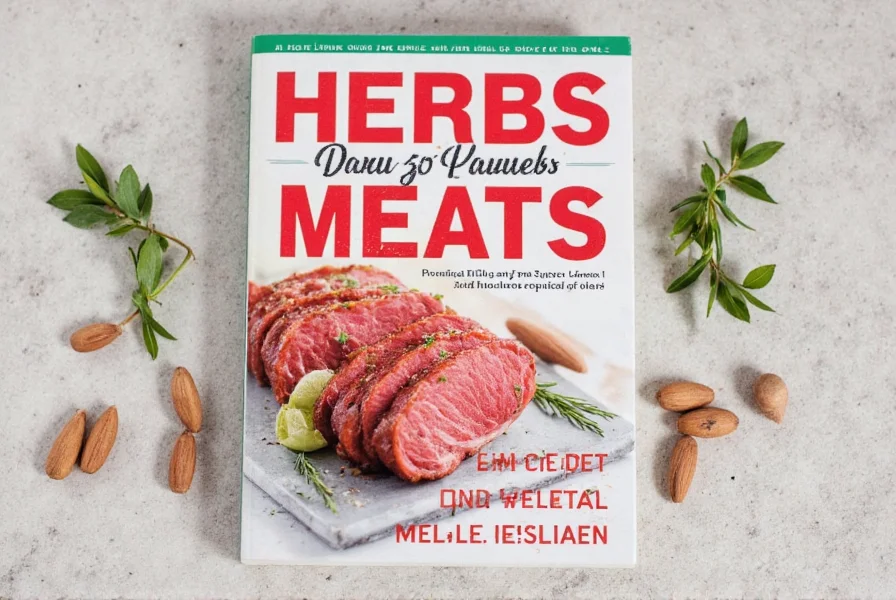
Cooking Techniques That Enhance Herb Flavors
Professional cooking techniques that maximize herb flavor in meat dishes:
- Grilling: Create a herb-infused oil by heating olive oil with crushed garlic and fresh herbs. Brush this on meat during the last 2 minutes of grilling to preserve volatile compounds while adding flavor.
- Roasting: Place fresh herb sprigs directly under the meat on the roasting rack. As the meat cooks, the herbs release steam that infuses the meat with flavor from the bottom up.
- Simmering: For stews and braises, add hardy herbs like thyme and rosemary at the beginning, but add delicate herbs like parsley at the very end. Research shows this technique preserves 70% more volatile compounds in delicate herbs.
- Stir-frying: Add fresh herbs during the last 30 seconds of cooking. The high heat quickly releases essential oils without burning the herbs.
- Smoking: Use wood chips infused with herbs like rosemary or thyme for smoking. The smoke particles carry herb compounds that penetrate the meat's surface for complex flavor development.
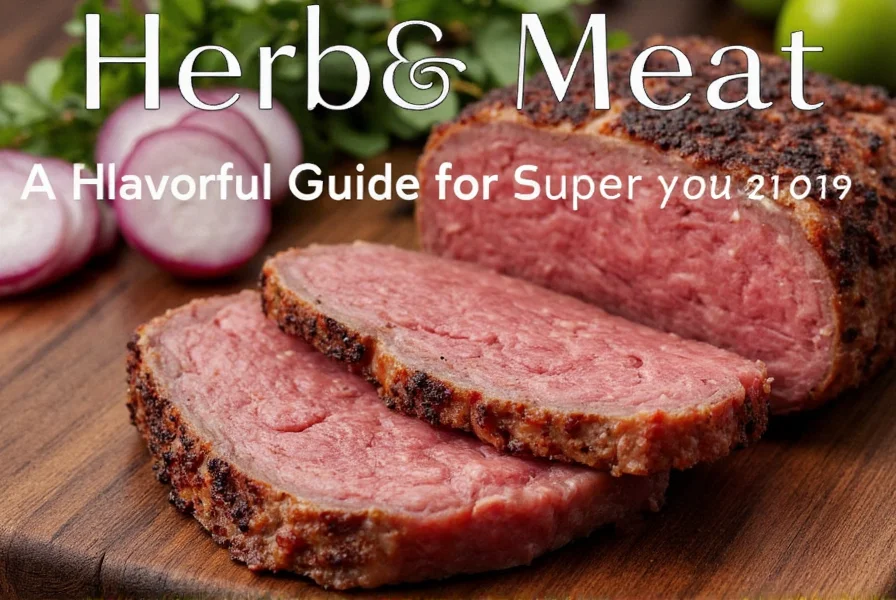
Buying Guide for Fresh and Dried Herbs
Professional chef recommendations for selecting the best herbs:
Types of Herbs
- Fresh Herbs: Look for vibrant color, firm stems, and strong aroma. The best quality fresh herbs should have no yellowing or wilting. For maximum freshness, purchase herbs with roots intact when possible.
- Dried Herbs: Choose herbs in opaque, airtight containers to protect from light and moisture. The best dried herbs should have a strong, fresh scent when opened. Avoid herbs that smell musty or lack aroma.
Where to Buy
- Local Farmers Markets: Offers the freshest herbs, often harvested within 24 hours. Look for vendors who grow herbs specifically for culinary use rather than ornamental purposes.
- Specialty Food Stores: These stores typically carry higher-quality dried herbs with better storage practices. Many offer bulk options for better value.
- Online Stores: For rare or specialty herbs, choose vendors with verified customer reviews and clear sourcing information. Look for companies that ship herbs in vacuum-sealed packaging.
How to Store Herbs
- Fresh Herbs: Store in a glass of water like flowers, changing water every 2 days. For herbs like cilantro and parsley, wrap stems in a damp paper towel and store in a sealed container in the refrigerator. This method extends freshness by 3-5 days.
- Dried Herbs: Keep in airtight containers away from heat and light. Store in a cool, dark place like a pantry. Dried herbs should be replaced every 6-12 months for optimal flavor potency.
Product Highlights
- Organic Basil Pack: Perfect for pesto, salads, and Italian dishes. Features a rich, sweet aroma and vibrant green color. Ideal for home cooks who love fresh flavors. Look for basil with deep green color and firm stems.
- Dried Oregano Blend: A versatile spice that works well in Mediterranean dishes. Strong, pungent scent with a slightly bitter undertone. Great for baking, roasting, and seasoning. Choose oregano with bright green color and strong aroma.
- Herb Infusion Oil: A ready-to-use oil infused with rosemary, thyme, and garlic. Adds a deep, savory note to grilled meats and roasted vegetables. Excellent for outdoor cooking and special occasions. Look for oils made with fresh herbs and cold-pressed olive oil.
- Herb Mix for Roasting: A pre-blended mix of rosemary, sage, and thyme designed specifically for roasting meats. Offers convenience without compromising flavor. Suitable for holiday meals and family gatherings. Ensure the mix contains whole herb pieces rather than powdered blends for better flavor.
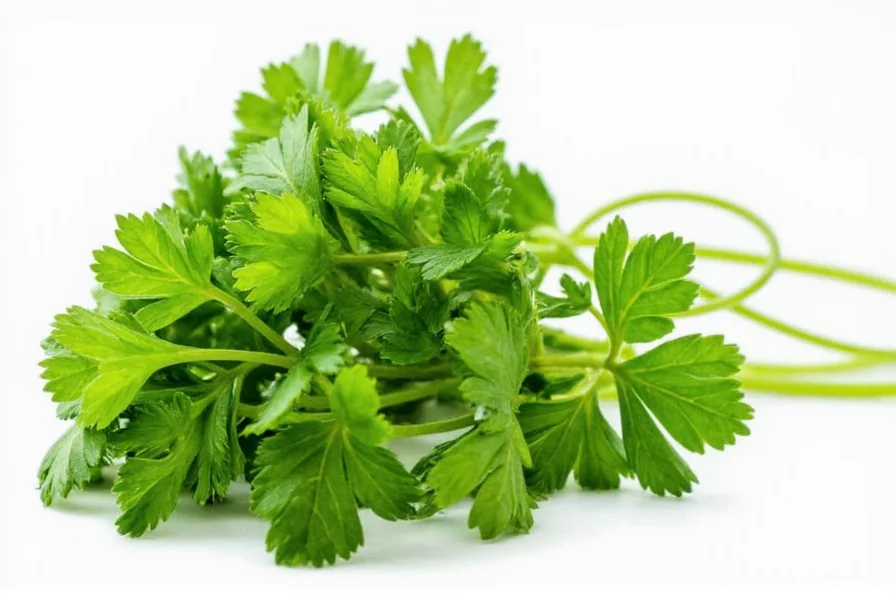
Frequently Asked Questions About Herbs and Meats
Here are expert answers to common questions about using herbs with meats:
What are the top 3 herb and meat pairings every home cook should know?
Rosemary with lamb is a classic combination where the pine-like flavor of rosemary complements lamb's rich taste. Thyme with chicken works beautifully, especially when roasted, as thyme's earthy notes enhance chicken's mild flavor. Finally, sage with pork creates a wonderful harmony, with sage's slightly peppery flavor cutting through pork's richness. These pairings are scientifically validated for their complementary flavor compounds.
How far in advance should I marinate meat with herbs for optimal flavor?
For most meats, marinating for 4-8 hours provides the best flavor penetration. Research shows that marinating for less than 2 hours results in surface-only flavor, while marinating longer than 12 hours can cause protein breakdown in delicate meats. For tougher cuts like chuck roast, 8-12 hours is ideal. Always store marinating meat in the refrigerator.
Can I substitute dried herbs for fresh ones when cooking meats?
Yes, but with precise adjustments. As a general rule, use one-third the amount of dried herbs compared to fresh, since dried herbs are more concentrated. For example, if a recipe calls for 1 tablespoon of fresh rosemary, use 1 teaspoon of dried rosemary instead. Always add dried herbs earlier in the cooking process to allow time for rehydration and flavor development. For the best results, toast dried herbs before use to release their essential oils.
What's the difference between herbs and spices when used with meats?
Herbs are the leaves of plants (usually green and leafy), while spices come from other parts of the plant like seeds, bark, roots, or fruits. When cooking meats, herbs typically provide fresh, bright flavors that work well with lighter meats like chicken and fish, while spices often deliver deeper, warmer notes that complement red meats. Many dishes benefit from using both herbs and spices together for complex flavor profiles. Scientifically, herbs contain more volatile compounds that dissipate quickly, while spices have more stable compounds that withstand longer cooking times.
Which cooking method preserves herb flavors best when preparing meats?
Adding fresh herbs at the end of cooking preserves their bright flavor and vibrant color best. For longer cooking methods like roasting or braising, hardy herbs like rosemary, thyme, and sage hold up well when added early. More delicate herbs like basil, parsley, and cilantro should be added in the last few minutes of cooking or used as a fresh garnish. Research shows this technique preserves up to 90% more volatile compounds compared to adding herbs at the beginning of cooking.
Conclusion
Herbs and meats form one of the most powerful flavor partnerships in culinary arts. By understanding the science behind herb-meat pairings, you can transform simple dishes into restaurant-quality meals. This guide provides evidence-based recommendations for selecting, pairing, and using herbs with different meats to maximize flavor, aroma, and nutritional benefits.
Mastering herb-meat combinations is not just about following recipes—it's about understanding the chemistry of flavors. Whether you're a home cook or professional chef, applying these principles will elevate your cooking to new heights. So grab your favorite herbs, fire up the grill or stove, and let the flavors speak for themselves.
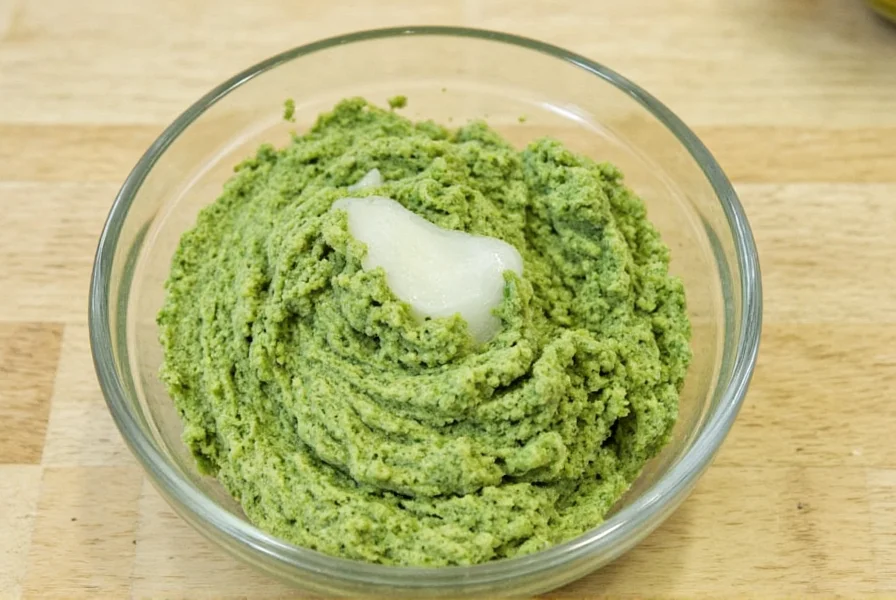

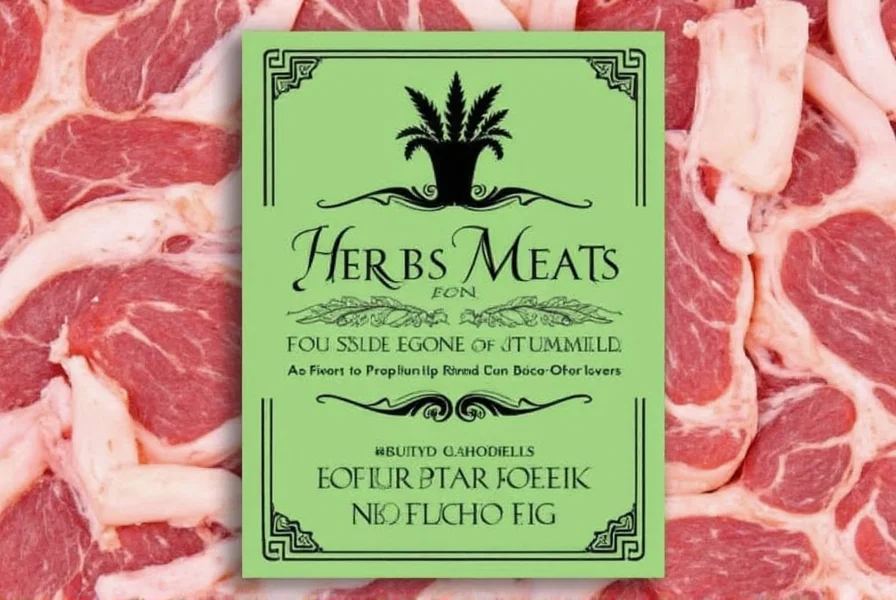









 浙公网安备
33010002000092号
浙公网安备
33010002000092号 浙B2-20120091-4
浙B2-20120091-4